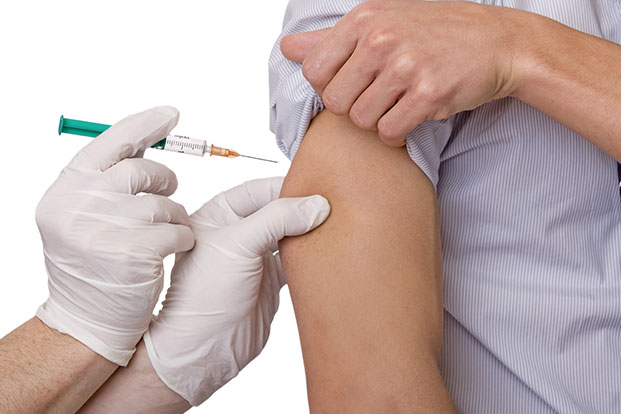Introduction to Hepatitis
Apr 19, 2022
Hepatitis refers to inflammatory disorders of the liver. The liver is located in the right upper area of the abdomen. It performs many critical functions that affect metabolism throughout the body, including bile production, which is essential to digestion, filtering of toxins from the body, excretion of bilirubin, cholesterol, hormones, and drugs. The liver also performs the function of the breakdown of carbohydrates, fats and proteins, activation of enzymes, which are specialized proteins essential to body functions along with storage of glycogen (a form of sugar), minerals, and vitamins (A, D, E, and K). The liver as an organ is also responsible for the synthesis of blood proteins such as albumin and the synthesis of clotting factors.

Hepatitis is most commonly caused by hepatotropic viruses. It can also result from alcohol consumption, nonalcoholic steatohepatitis (NASH), autoimmune hepatitis, other infections, ischaemic injury, certain medications, and toxins.
What is Viral Hepatitis?
Viral hepatitis is responsible for most of the cases of hepatitis worldwide. Five different hepatitis viruses – Hepatitis A, B, C, D, and E account for the majority of cases. Hepatitis A and E result in acute viral hepatitis. They are self-limiting and usually do not lead to chronic hepatitis. Both these viruses are transmitted be the feco-oral route.
Hepatitis B and C are transmitted by blood contact, exposure of mucous membrane and eyes to infected blood and body fluids like semen and vaginal secretions and from mother to child. These viruses can lead to chronic hepatitis, cirrhosis and liver cancer. Hepatitis D can only coexist in presence of Hepatitis B.
What is Alcoholic Hepatitis?
Excessive alcohol consumption can result in alcoholic hepatitis and cirrhosis. The spectrum of liver injury due to alcohol ranges from the alcoholic fatty liver, alcoholic hepatitis, cirrhosis to liver cancer. Men consuming more than 80 grams of alcohol a day and women taking more than 40 grams a day are prone to develop alcoholic hepatitis. Severe alcoholic hepatitis carries one-month mortality of 50% and may necessitate liver transplantation.
What is Non-Alcoholic Steato- Hepatitis (NASH)?
Similar to alcoholic liver disease, non-alcoholic fatty liver disease (NAFLD) can present with fatty liver, NASH, cirrhosis and liver cancer. The most important risk factor for the development of NASH is obesity. However, it can also develop in lean individuals. Diabetes mellitus, hypertension, and blood lipid abnormalities also predispose to development of NASH.
What is Autoimmune Hepatitis?
Autoimmune hepatitis is a form of chronic hepatitis characterized by abnormal immune response to liver cells. The presentation may vary from asymptomatic incidental detection to acute liver failure. These patients may have associated disorders like thyroid abnormalities, skin disorders, arthritis, oral ulceration, acne etc.
Other Causes responsible for Hepatitis:
Certain drugs and toxins have been implicated in the development of hepatitis. The severity of illness can vary from acute hepatitis to acute liver failure. The commonly implicated medications are anti tubercular medications including isoniazid, rifampicin, and pyrazinamide, paracetamol, antibiotics such as amoxicillin clavulanic acid, nitrofurantoin, antiepileptic drugs like valproate and phenytoin, cholesterol-lowering medications, steroids and anti-HIV drugs. Alternative and herbal medications constitute an important cause of hepatitis and need to be avoided, especially in patients with liver disease.
Ischemic hepatitis refers to liver injury caused by reduced blood flow to the liver. It is most often observed in patients with heart failure or shock. It usually resolves with treatment of the underlying cause of vascular insufficiency.









